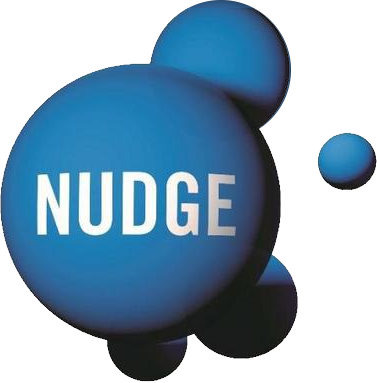What is good content?
Following the recent post in our Resource Centre on Google's latest Panda update, we've had a few people asking what good content actually is.
This is an excellent question and it's no surprise that there's a lot of confusion out there as the marketing world has allowed itself to become obsessed with content mania. The best place to start is Google itself, which provided this meaty set of guidelines back in 2011.
- Would you trust the information presented in this article?
- Is this article written by an expert or enthusiast who knows the topic well, or is it more shallow in nature?
- Does the site have duplicate, overlapping, or redundant articles on the same or similar topics with slightly different keyword variations?
- Would you be comfortable giving your credit card information to this site?
- Does this article have spelling, stylistic, or factual errors?
- Are the topics driven by genuine interests of readers of the site, or does the site generate content by attempting to guess what might rank well in search engines?
- Does the article provide original content or information, original reporting, original research, or original analysis?
- Does the page provide substantial value when compared to other pages in search results?
- How much quality control is done on content?
- Does the article describe both sides of a story?
- Is the site a recognised authority on its topic?
- Is the content mass-produced by or outsourced to a large number of creators, or spread across a large network of sites, so that individual pages or sites don’t get as much attention or care?
- Was the article edited well, or does it appear sloppy or hastily produced?
- For a health related query, would you trust information from this site?
- Would you recognise this site as an authoritative source when mentioned by name?
- Does this article provide a complete or comprehensive description of the topic?
- Does this article contain insightful analysis or interesting information that is beyond obvious?
- Is this the sort of page you’d want to bookmark, share with a friend, or recommend?
- Does this article have an excessive amount of ads that distract from or interfere with the main content?
- Would you expect to see this article in a printed magazine, encyclopedia or book?
- Are the articles short, unsubstantial, or otherwise lacking in helpful specifics?
- Are the pages produced with great care and attention to detail vs. less attention to detail?
- Would users complain when they see pages from this site?
Wow, get the picture?
Since the launch of Panda, we've seen a massive rush to create new content, some of it good, the majority of it pretty mediocre. The latest update aims to increase the focus on relevance and quality, and also level the playing field by allowing SMEs to compete with much larger companies that have the resources to turn whole departments into content factories.
Note again the points:
- Are the topics driven by genuine interests of readers of the site, or does the site generate content by attempting to guess what might rank well in search engines?
- Does this article contain insightful analysis or interesting information that is beyond obvious?
- The several references to attention to detail and substance.
Our interpretation of what this means for your content strategy is that you are far better advised to create a few good quality, in-depth pieces that are relevant to your business than you are churning out tangential, 'motherhood and apple pie' type articles that already exist in spades elsewhere on the web and have little direct relevance to your business activities. If you're doing the latter, you are pretty much wasting your time.
Our advice to clients for several years on SEO has been almost don't worry about it. You should undertake a routine technical check to make sure that there are no obvious own goals in how the site is structured, that it is mobile friendly and that basic requirements like page title conventions are being adhered to, but thereafter, you should just just focus on providing a great resource for your potential customers. We talk about having an obsessive commitment to question answering. What is it that your customers want to know and are likely to be looking up online? Answer these questions well and leave Google and the other major search engines to do their job of making sure they deliver the answers up.
For help with devising your content strategy and for creating meaningful content for your audience, please contact us.

Case Study: PrimeStox
How we helped PrimeStox treble registrations while reducing spend in just two months.

Author
Neil Edwards
Neil is a Chartered Marketer and Fellow of the Chartered Institute of Marketing with many years' experience in marketing, brand and communications.
CEO / The Marketing Eye
Related Reading

Blog: How to Stop Your Email Newsletters from Going to Spam
by Darren Coleshill, 5 minute read

Blog: Why Custom URLs Are Essential for Your Business
by Darren Coleshill, 3 minute read
